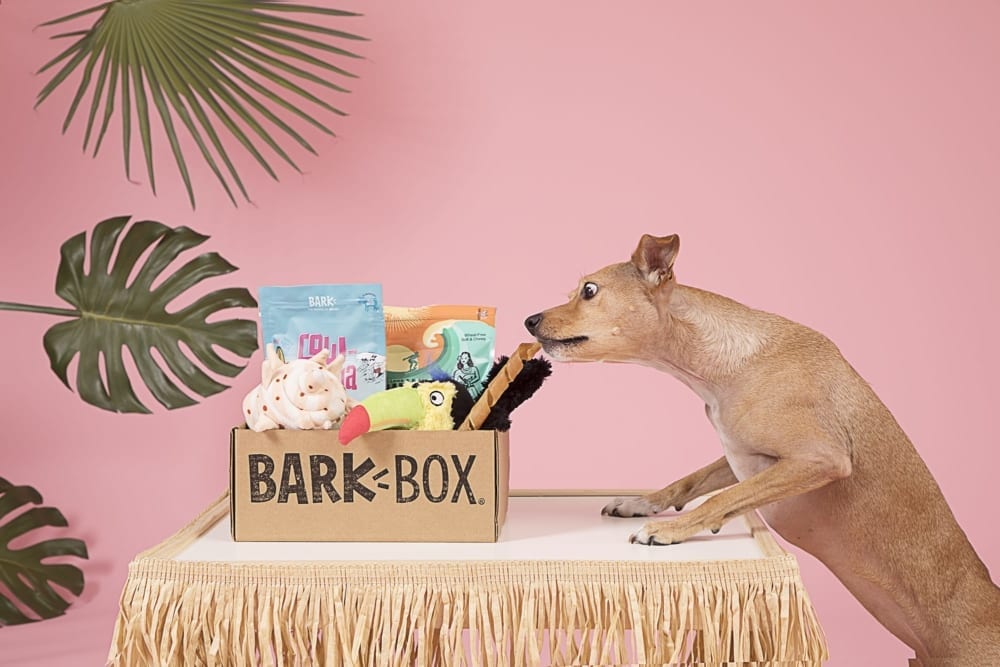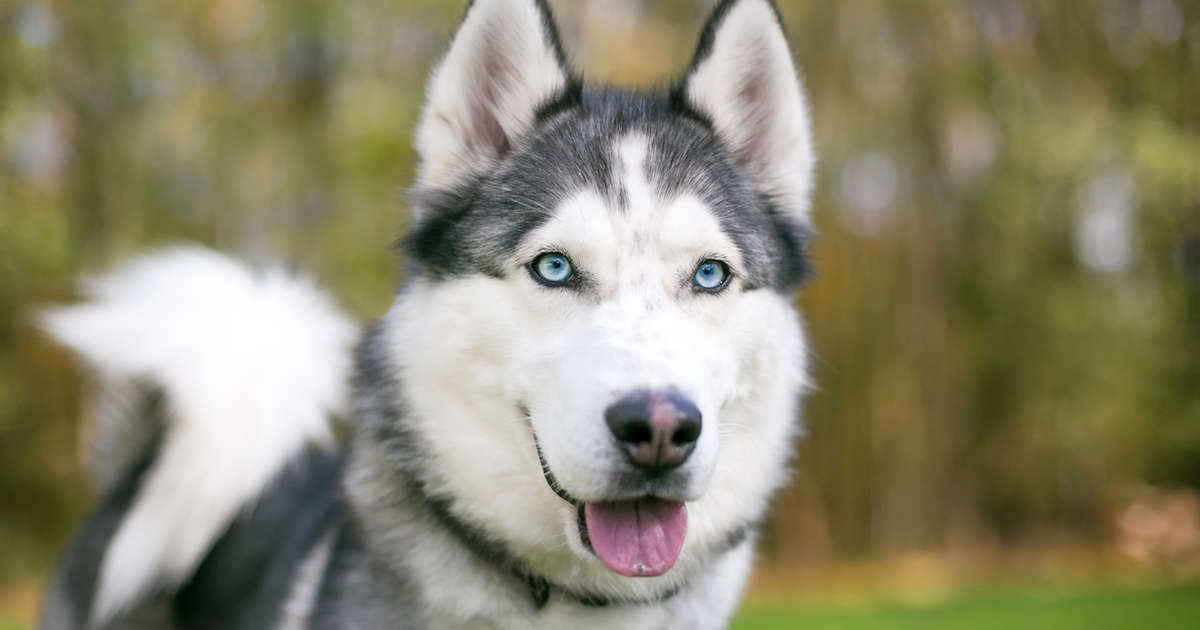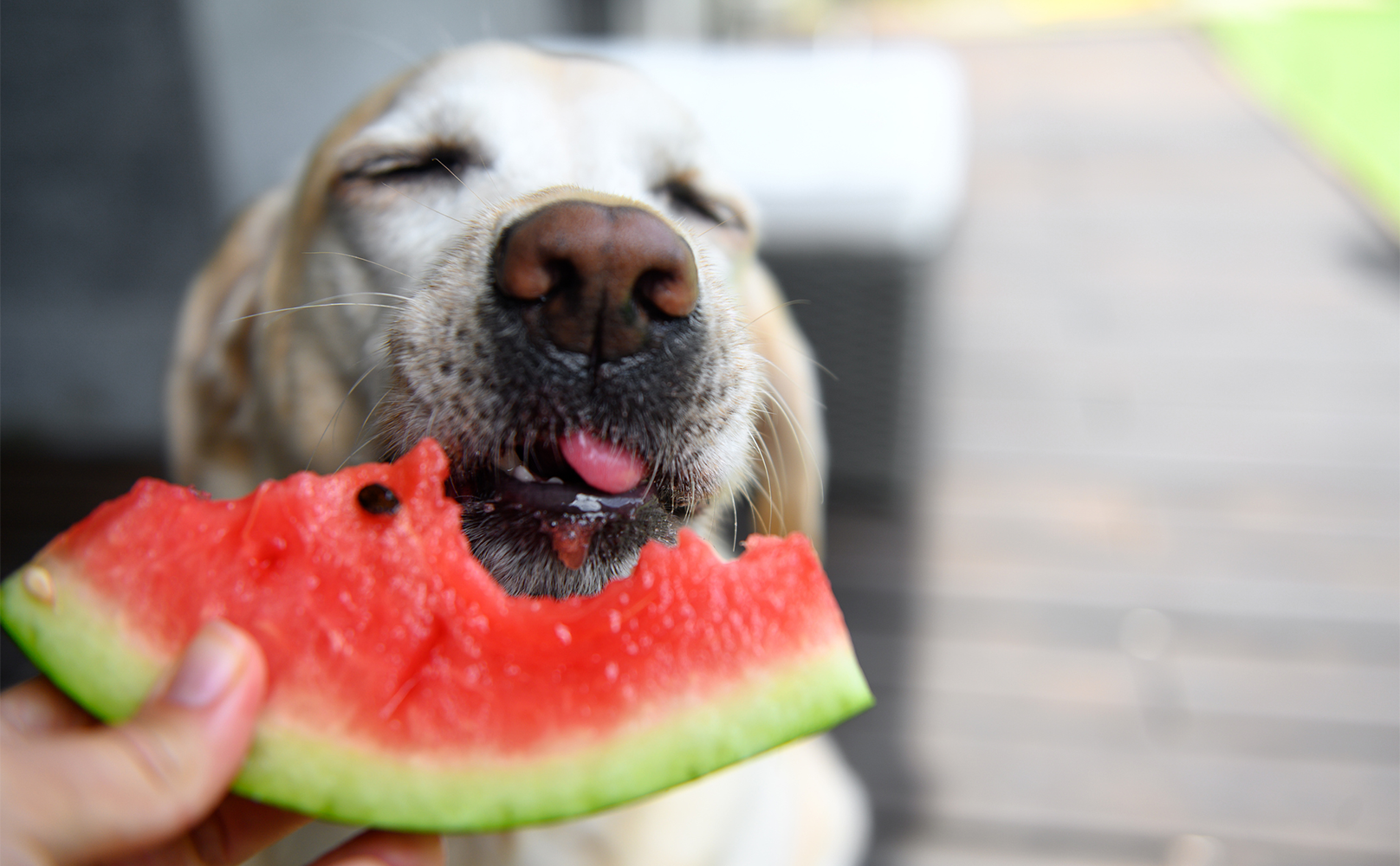Ahh, barking. Otherwise known as “howling”, “screaming”, “bellowing”, and “woofing”; barking is an innate part of every dog’s behavior. Some dogs bark more than others, sure– but do you ever wonder WHY? Is it really because the mailman is just plain awful, or is there something more to it? Below you’ll see a breakdown of possible reasons and solutions to your dog’s barking habit.
Why do dogs bark?
Dogs bark for many different reasons: to ward off danger, express curiosity, voice frustration, instigate play, discipline a dog-world social faux pas, or to burn off excessive energy. Your dog’s barking can mean anything from “I think this person is threatening,” to “I want to wrassle!” Most of the time, barking is simply an attempt at vocal communication or a response to stimuli.
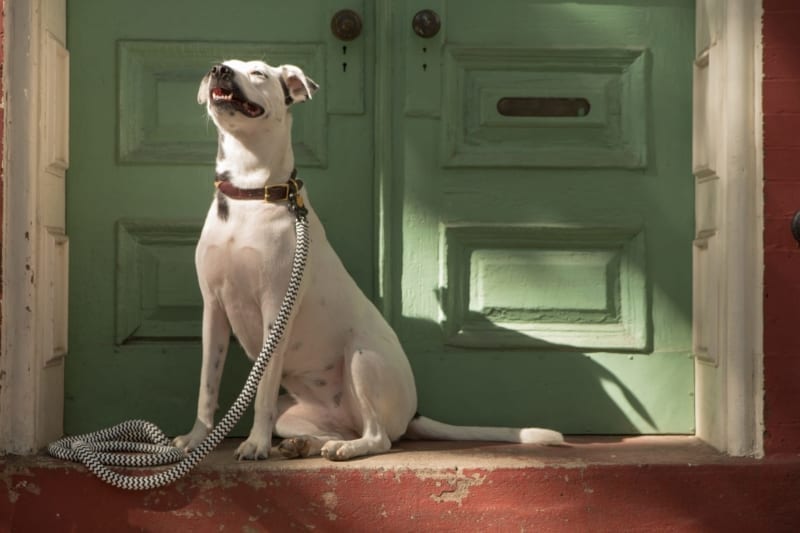

To Stop Your Dog’s Barking, First Determine the Trigger
Figuring out why your dog is barking is key to figuring out how to curb it. If a new dog or person approaches him and he barks like crazy, chances are it’s simply a reaction to a new face. Look for patterns in your dog’s behavior as well as your own behavior. Does your dog bark a lot more if you don’t take them on a morning jog? Does your dog bark at anyone who comes to the door? Maybe they bark when you leave them in the house alone while you’re at work? Ace Ventura isn’t the only pet detective around. Get out your magnifying glass and see what you notice about when and why your pup may be barking.
Identified the trigger to your dog’s barking? AWESOME.
Identifying the cause of their behavior and acting on it immediately is the most important thing you can do to readjust your pup’s behavior. Waste no time in addressing it– if he spends his days barking out the window, try closing the blinds. If he continues to bark out the window despite the blinds being closed, it could very well be a reaction to sound. Just because he can’t see that squirrel, doesn’t mean he can’t hear it! If you’re sure that something outside is causing him to bark, it may be a good time for a distraction. Call your pup over to you. If you need a little leverage, try shaking a treat bag. Once he is seated in front of you and you have his attention, tell him what a good boy he is and reward him with treats. Be sure to call him away from the window so he doesn’t associate barking out the window with getting treats. Instead, he’ll know that giving you his attention, and sitting, is what brought on the yummy reward.
What if there is no trigger?
If you can’t pinpoint a trigger for your dog, try identifying patterns in your own behavior that could cause him to bark. Almost anything and everything we do can be a cue for our pups, so it is important to limit these cues when we notice that they result in unwanted behavior. If your dog barks when you walk into the kitchen, perhaps it’s because that’s where you keep the dog treats, or where he eats. Rather than refrain from ever entering your kitchen unless it is to serve your pup, consider creating specific cues for treats and meals, such as saying “Treat time!” or “Let’s get fat!” when it’s time for a snack. If he barks whenever you put your shoes on or grab the car keys, he may be picking up on cues that you’re leaving. This is, again, where distractions can come in handy. Present your pup with a snack filled puzzle, such as a frozen goat milk cube inside a Kong, and be quick getting out the door.
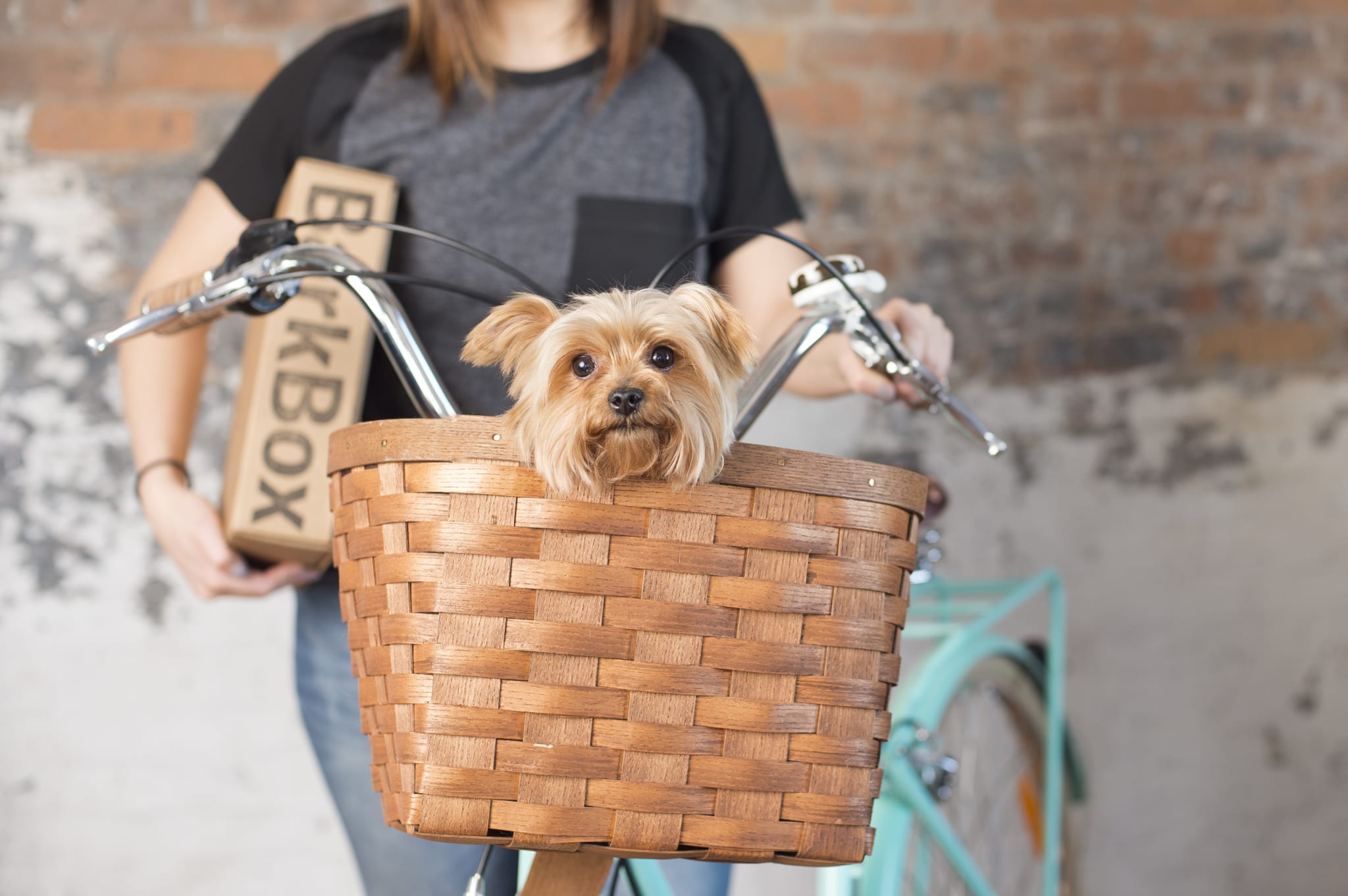

Breed-specific barking
Some breeds are more inclined to bark than others. Breeds such as Chihuahuas, Bloodhounds, Dachshunds, Huskies, and those oh-so-small but oh-so-loud Yorkshire Terriers tend to be much mouthier than other breeds, like, for instance, the Havenese. That being said, every dog is different, and doing some research on the instinctual behavior of your dog’s breed will help inform just how severe, and predetermined, their barking habit may be.
Medical Reasons for Barking
While rare, there are also circumstances where excessive barking could signal an underlying medical issue. There have been cases where dogs bark excessively because they are in pain or have sustained an injury. If you believe your dog may be barking due to pain pain, see a veterinarian as soon as possible.
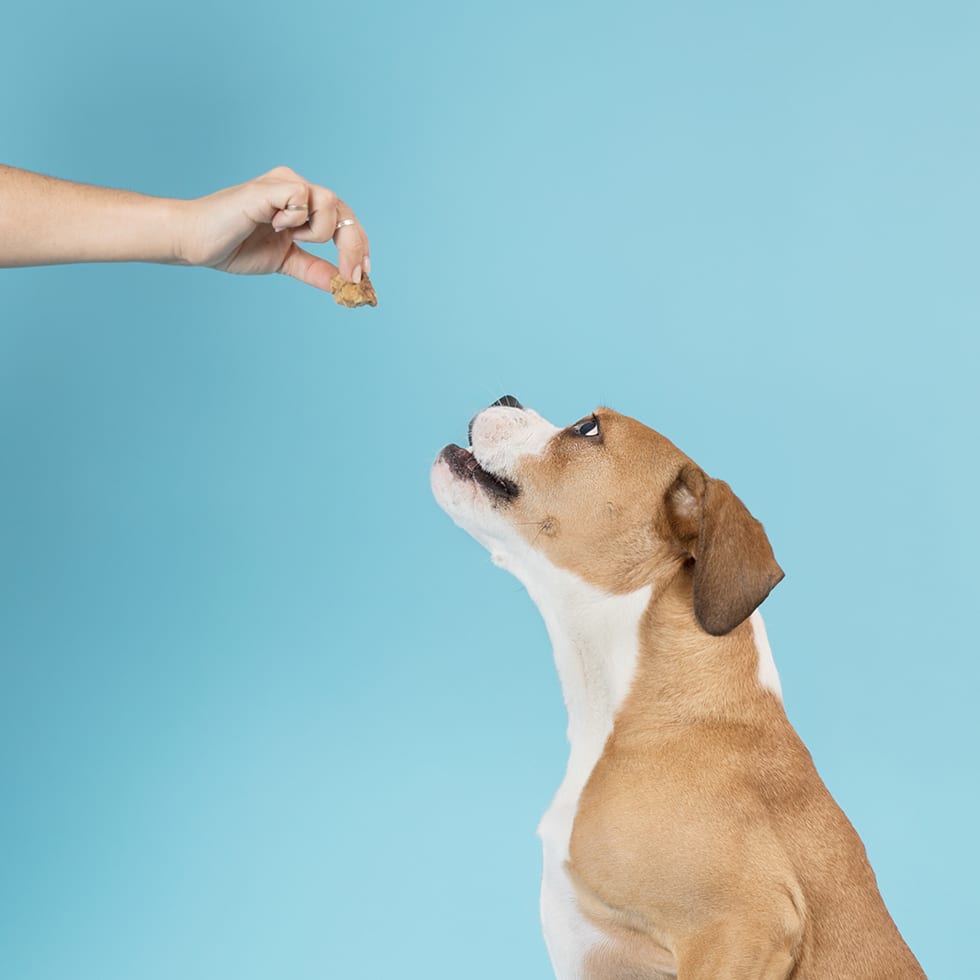

Ways to stop excessive barking
Dog-tired
It’s very possible your dog is barking because he wants something from you. If it’s nowhere near meal-time, the next best guess is that he wants to DO something! This can be remedied by activity! Take your dog for some fun in the park or a long walk. Eventually, your dog will tire out, and a tired dog is a quiet dog. Except for maybe those soft, dream-time woofs, which you should cherish.
Teach the”Quiet & “Speak” command
Although it sounds counterintuitive, the first step in teaching your dog the “quiet” command is teaching him the “speak” command. If you skip the “speak” command, you risk teaching your dog that barking earns him treats. When your dog starts barking, say “speak” and then hold a treat out, your dog should stop barking to sniff the treat. When he stops barking, give him the treat and praise him. Keep doing this until your dog learns to “speak” on command. Once you’ve nailed “speak,” you can start working on “quiet.” First, get your dog to “speak” and then say “quiet.” Put the treat in front of his nose and give it to him once he has stopped barking. Eventually, your dog will learn to bark and stop barking on command. This may take anywhere from a few


Distraction
Again, distraction is a great tool for curbing excessive barking, whether you have deduced the trigger or not. For example, if your dog begins to bark when someone rings the doorbell, ask them to sit, shake, or get a ball. This not only distracts the dog from the trigger, but something like holding a toy in their mouth physically inhibits the dog barking. Rewards go a long way as well. You pup may normally do tricks on command, but is less inclined to do so if he is barking at someone who is approaching the front door. Treats are a great way to take your dog’s attention away from the stimuli and put it on you. And asking for tricks, such as sit and shake, teaches your pup that they are being rewarded for the trick rather than for the barking. For longer distractions, treat-dispensing puzzles are a great way to shift your dog’s focus. The more time-consuming the better!
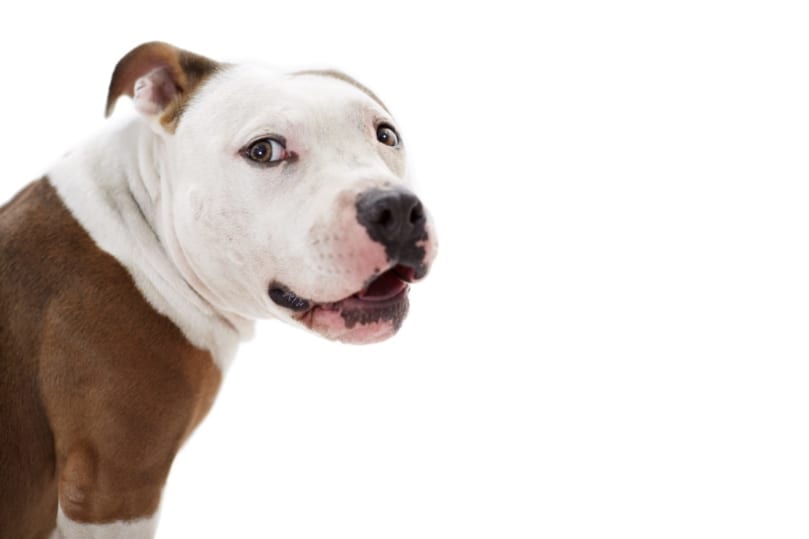

What NOT to do
When your dog is speaking, don’t woof back. The worst thing you can do is yell over your dog’s barking. Your pup doesn’t understand what you are saying, and may even bark louder because you have joined in and elevated the energy level. If it’s an attention-seeking bark, you want them to learn that acting out will get them nowhere. As hard as it may be, the best thing to do when your dog is excessively barking is to remain calm and in control. Try to identify the cause and address it. And when all else fails, distract, reward, and repeat.
Want the most fun way to distract your pup from barking?? Get them a BarkBox! Every month BarkBox delivers 2 original toys, designed in-house, 2 full bags of all-natural treats, and a chew. Our treats are made in the USA and Canada, and our recipes never contain any wheat, soy, or corn. Because we want #BarkBoxDay to be incredible for pups AND their parents, every box is wrapped in a fun surprise theme that changes monthly. Sign up here and receive a free extra toy every month. <– This deal is worth up to $108 in value if you sign up for a 12-month subscription! 🙂

